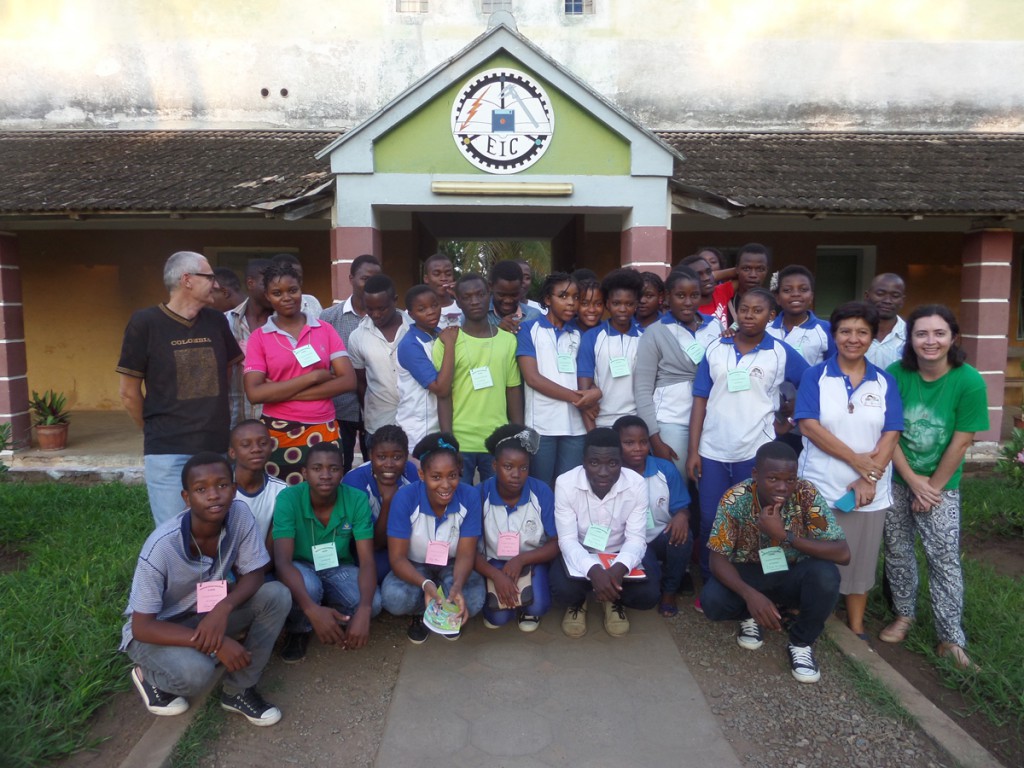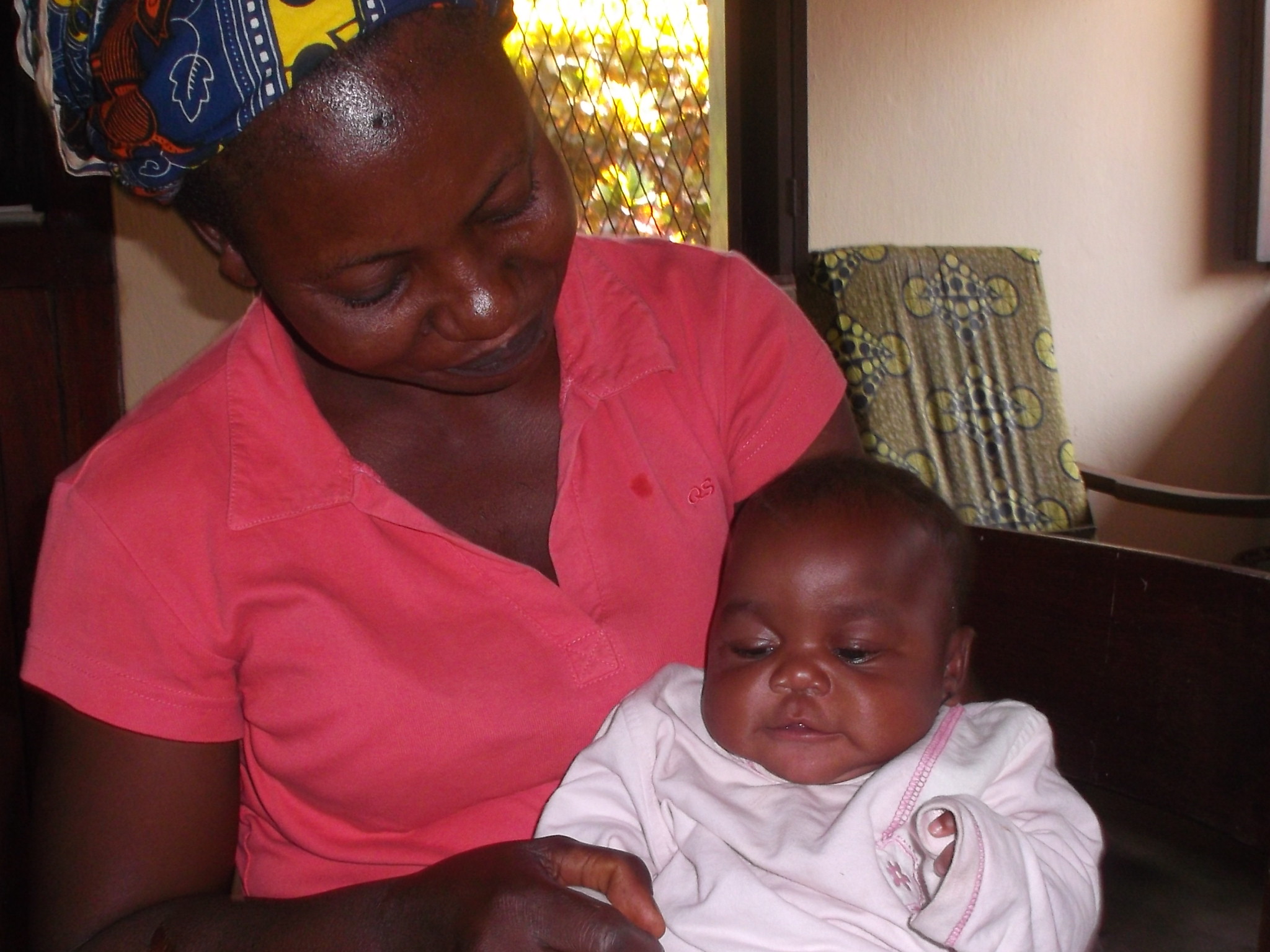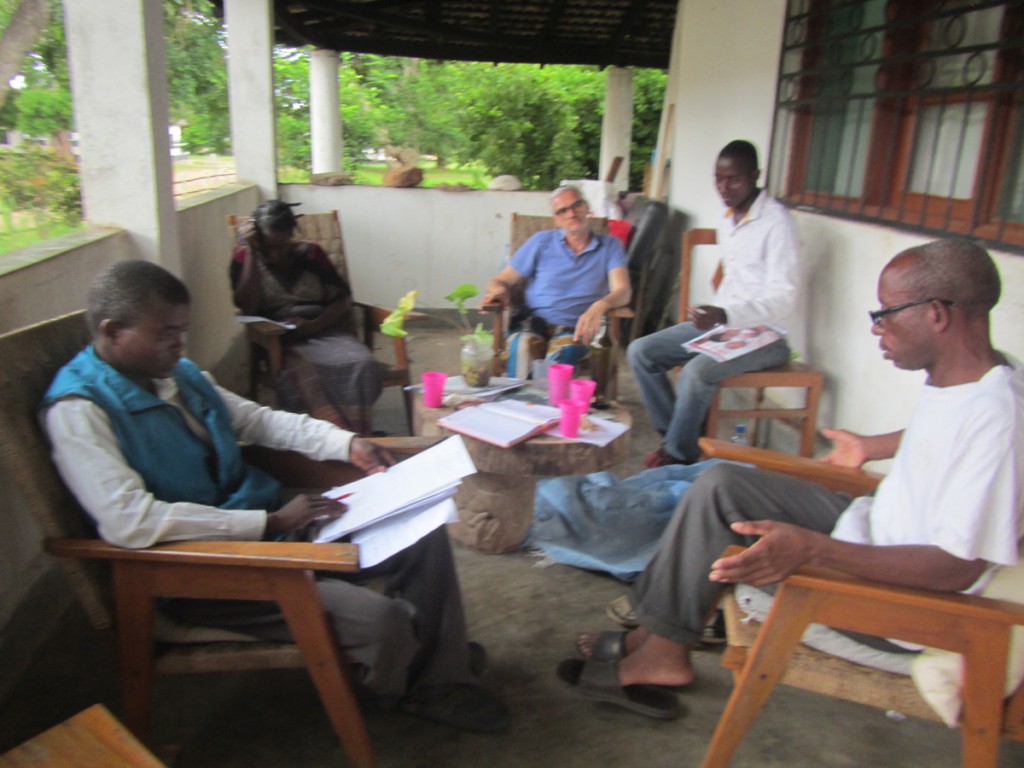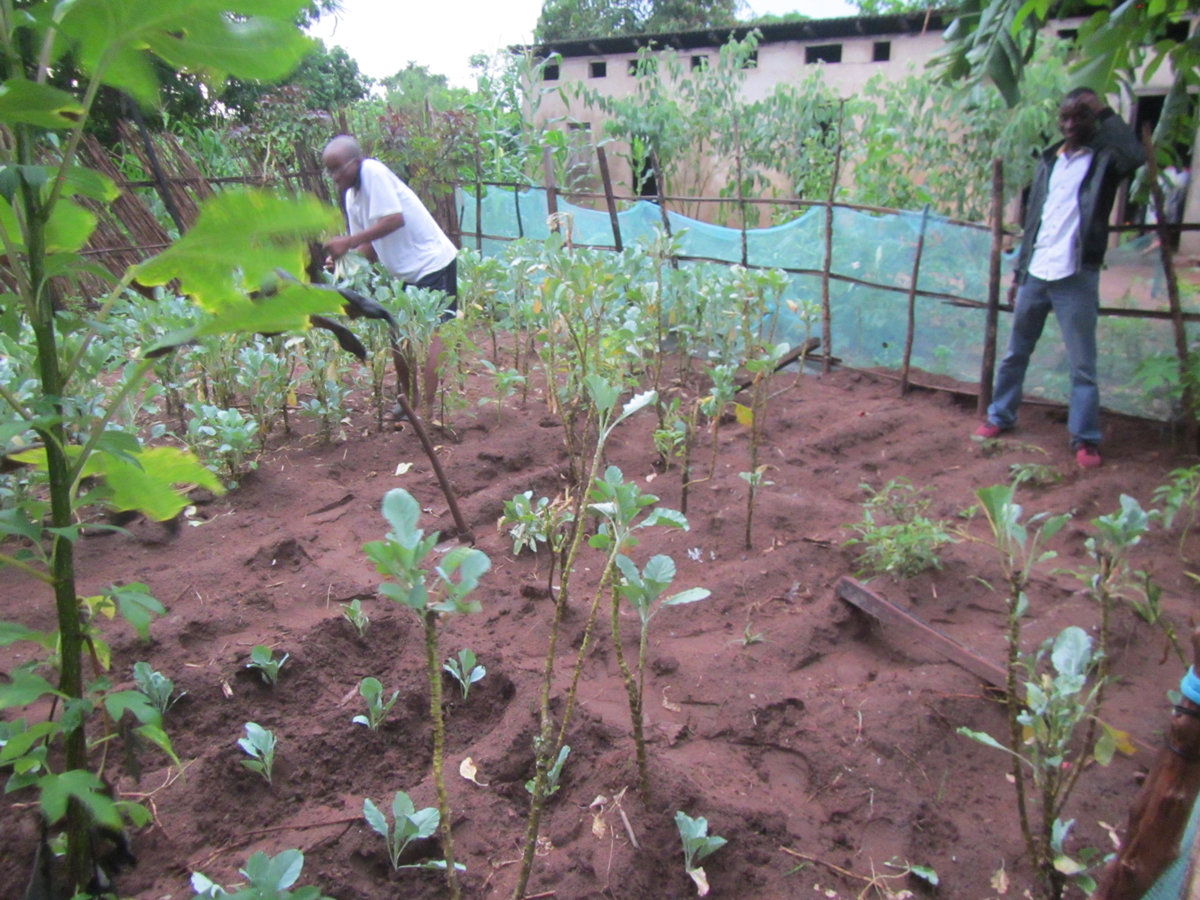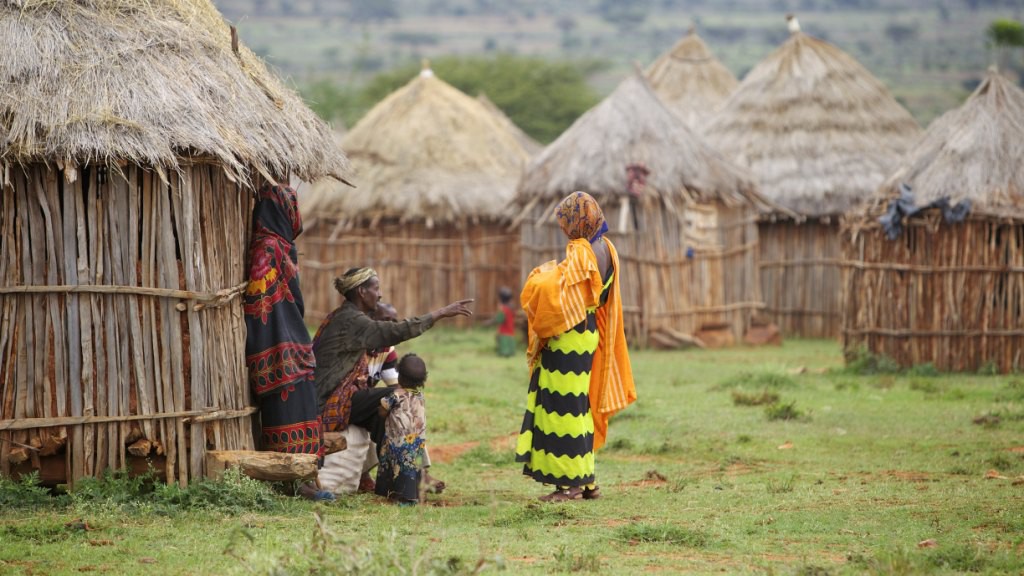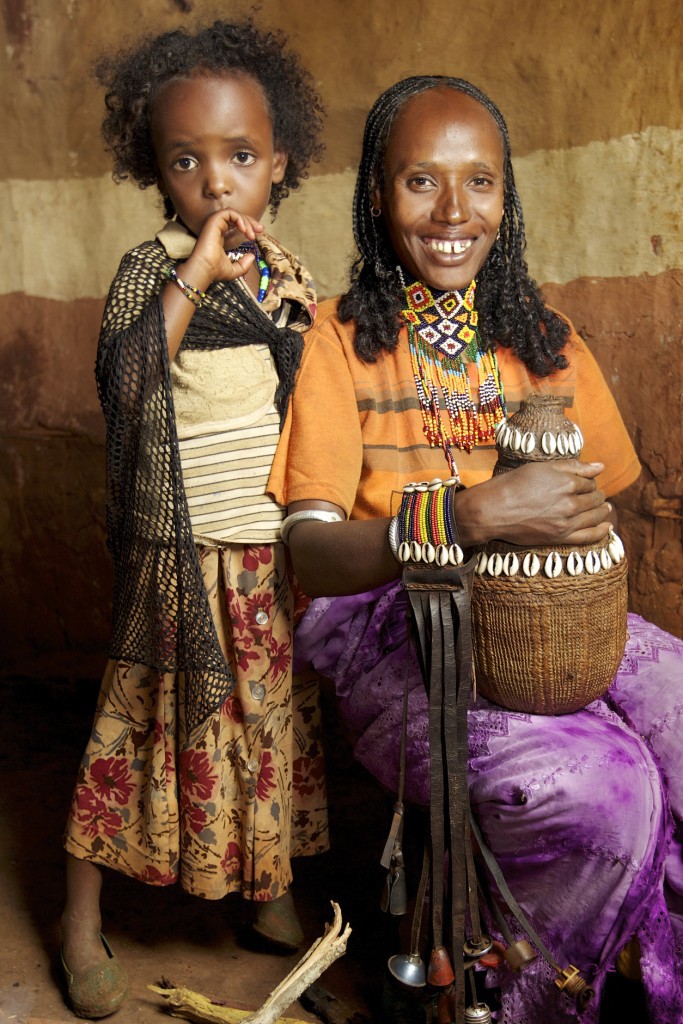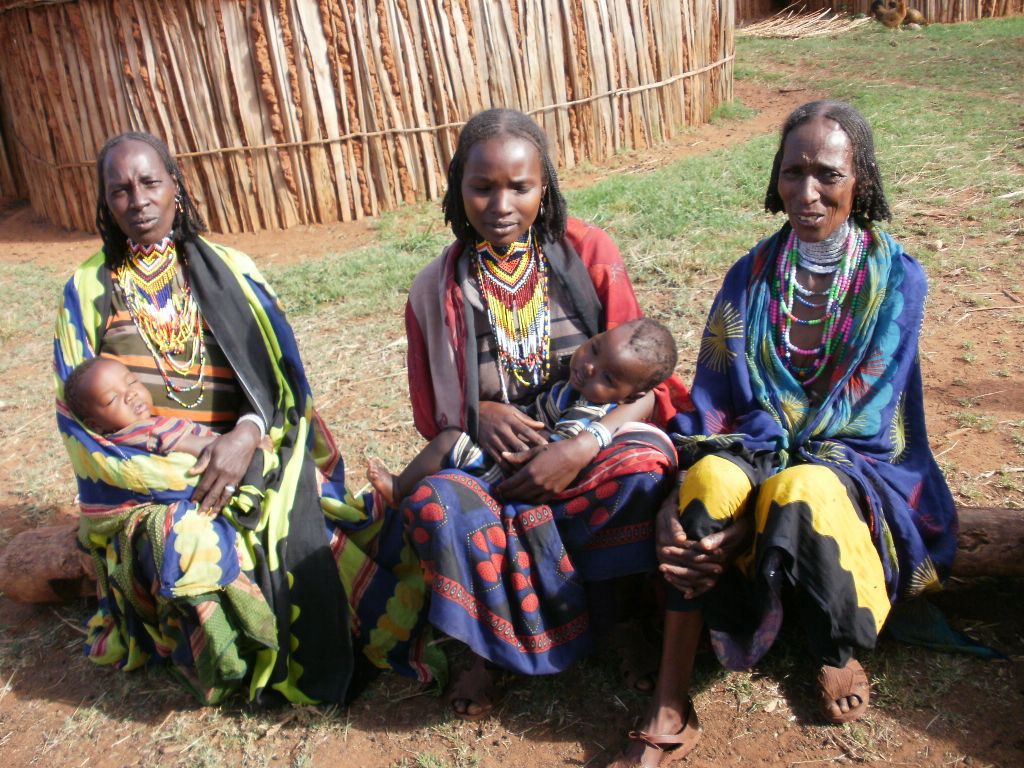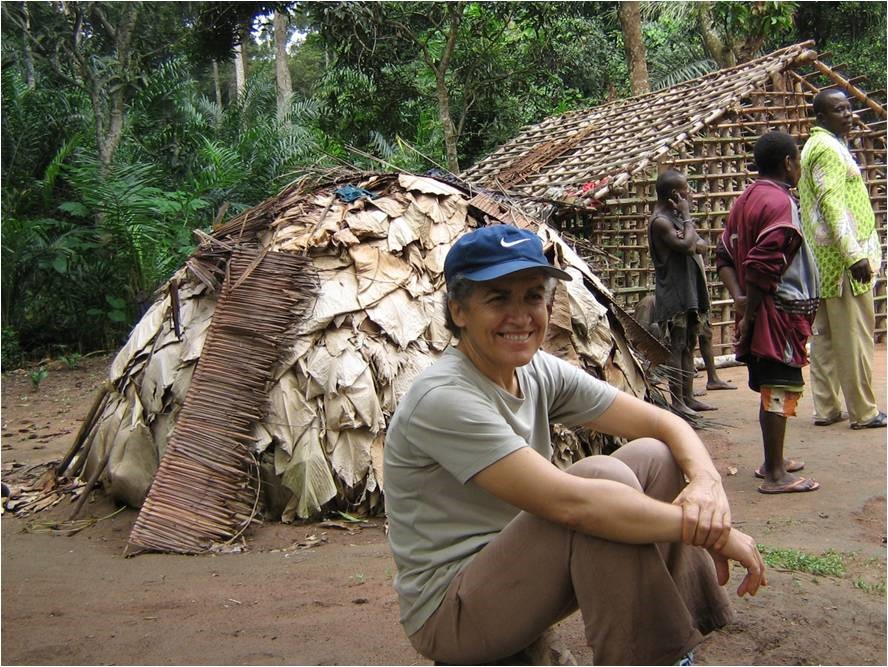I arrived to Carapira in full celebration of Easter! It was a great gift! A festive Mass on the night of Saturday and one on Sunday morning, both with the dances and songs that deserve every great Easter. Afterwards a nice lunch with the missionary team, the Comboni Family.
It is the first time I leave my country, my beloved Brazil. And already it has spent the first month! The work that I am calling to do is to accompany the youth of the school (Industrial Technical Institute) run by the Combonis in Carapira. 130 are the young people who study and live here. Learn professional techniques offered in courses, learning to be a family, be smart and able people to build a better world are the main principles to follow with these young people. I took up nursing of the school, a room with beds for the rest of the sick children and medicines and basic utensils for care. I remain a big part of my time in this room (the pharmacy) and make my ministry here, my service, my daily renewal of my Yes to the mission. I also accompany students to the hospital when needed, help them to take medication, wound care and various injuries.
As a child in catechesis, I dreamed to be a doctor to go to Africa… I finally studied psychology and not medicine, but was a great choice! Now I look what I have been called and see me in a nursing care hurts and pains. There is a peace that invades the soul! There’s a smile that shows when looking to improve the way to cures, or even when I call attention to a boy for skipping his medication. And the soul rejoices when our pharmacy is not only the physical space to administer medication but becomes space to share, to discuss a variety of possible topics. We talk about family, we talk about the heavy situation faced by Mozambique and Brazil in politics, we talk about school difficulties, dreams and love; We smile together and play, and in addition we also have some time to correct ourselves and find the best path for each day. I have two students working with me, Cacossane and Mendes. They help me in everything and always try to improve our communication to better understand and optimize the service to all other students. I am pleased to see small achievements, curtains, pot for tea, cup holders, dogfish soup, etc. Small things that make the difference, cheering!
For now, we are two at home, Beatriz (from Mexico) and me. She tries to teach and guide me on things here, show me the realities and correct, if necessary, my quick way of speaking that generates misunderstanding. The Portuguese is actually much! The mission begins at home! Community life is an invitation to forgiving love and forgiveness that loves is a joint growth, it is a constant learning. In this way, we build and prepare to welcome Kasia from Poland and Barbara from Italy who will be with us soon and my heart is already on holiday with their arrival.
We are a large and very rich missionary team: priests, brother and laity! We come from different places, cultures and ways of being different and this is a beautiful treasure for the mission. My Brazilian roots are with these Italian, Mexican, Portuguese, Mozambican roots… Longing Brazil dwells in the heart, longing for people, places, even more for food! Nostalgia also supports the mission because it reminds me that the mission is not done alone, the mission is collective. I came to Mozambique, but there are many people who are elsewhere and pray for me and the mission without prayer support fades. Maybe that is why my heart is full of gratitude, because I have many people who supported me from many corners of this great world. Therefore, also on behalf of all these people every day I renew my Yes to the mission, my yes to God, my yes to this school in which I live and work and my yes to each of these guys.
Here they say “Vacani, Vacani”, little by little. And so it is! One-step at a time, slowly but without wasting time when it comes to improve, to move forward, to evolve. One-step at a time to improve communication, specific things needed to make a good missionary way, practical things for the work, in everything step by step. Remembering that take care of me is the first step to be complete for the people I am called to serve. Therefore, my path moves through step by step and I can sleep peacefully at night, with a heart full of joy for all that has allowed me to live in this holy land. I thanks everyone who accompany me with the prayer and wish you well. We are together!
The good and loving God, Father and Mother, care for us and strengthen us!
Mother Africa, you welcome me, teach me to live you!
Priscilla Garcia – CLM




